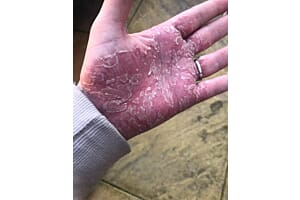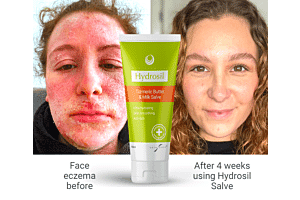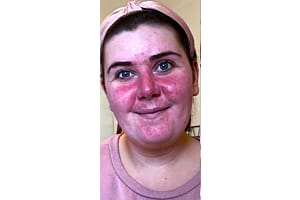The distressing skin condition, vitiligo, currently has no effective or safe treatment. Evidence suggests that steroids combined with UVA or UVB therapy do have some positive effect but are not free from negative side effects nor are they suitable for use on children, who account for 50% of cases of the skin condition.
30 May, 2008 – 13:35
However new research has found that the plant extract gingko biloba, perhaps more commonly know for it’s libido enhancing strengths, can also help with the cosmetic symptoms of vitiligo.
Vitiligo is a condition where by the body stops producing natural melanin pigmentation of the skin and white patches appear. It tends to develop in childhood and adolescence and as much as 4% of some ethnic groups have the skin condition. Perhaps more concerning is that as much as 35% of vitiligo patients have psychiatric problems related to the condition, including depression, anxiety and suicidal thoughts.
|
gingko
|
The review of fifteen previous controlled studies, carried out by Drs. Orest Szczurko and Heather S. Boon of the University of Toronto and published in the BioMed Central journal Dermatology, concluded that out of all natural treatments claiming to be effective for vitiligo, only gingko biloba appeared to have a moderately positive effect when taken orally as a dietary supplement.
In addition, the amino acid L-phenylalanine also appeared to have marginally positive effect on the skin condition.
There was no evidence to suggest that any other natural treatment for the condition, including plant and vitamin supplements, had any positive effect whatsoever.
The authors concluded there was enough historical and notable evidence of both gingko and L-phenylalanine to warrant further investigation into the possible combined use of the two natural supplements for the treatment of vitiligo.







